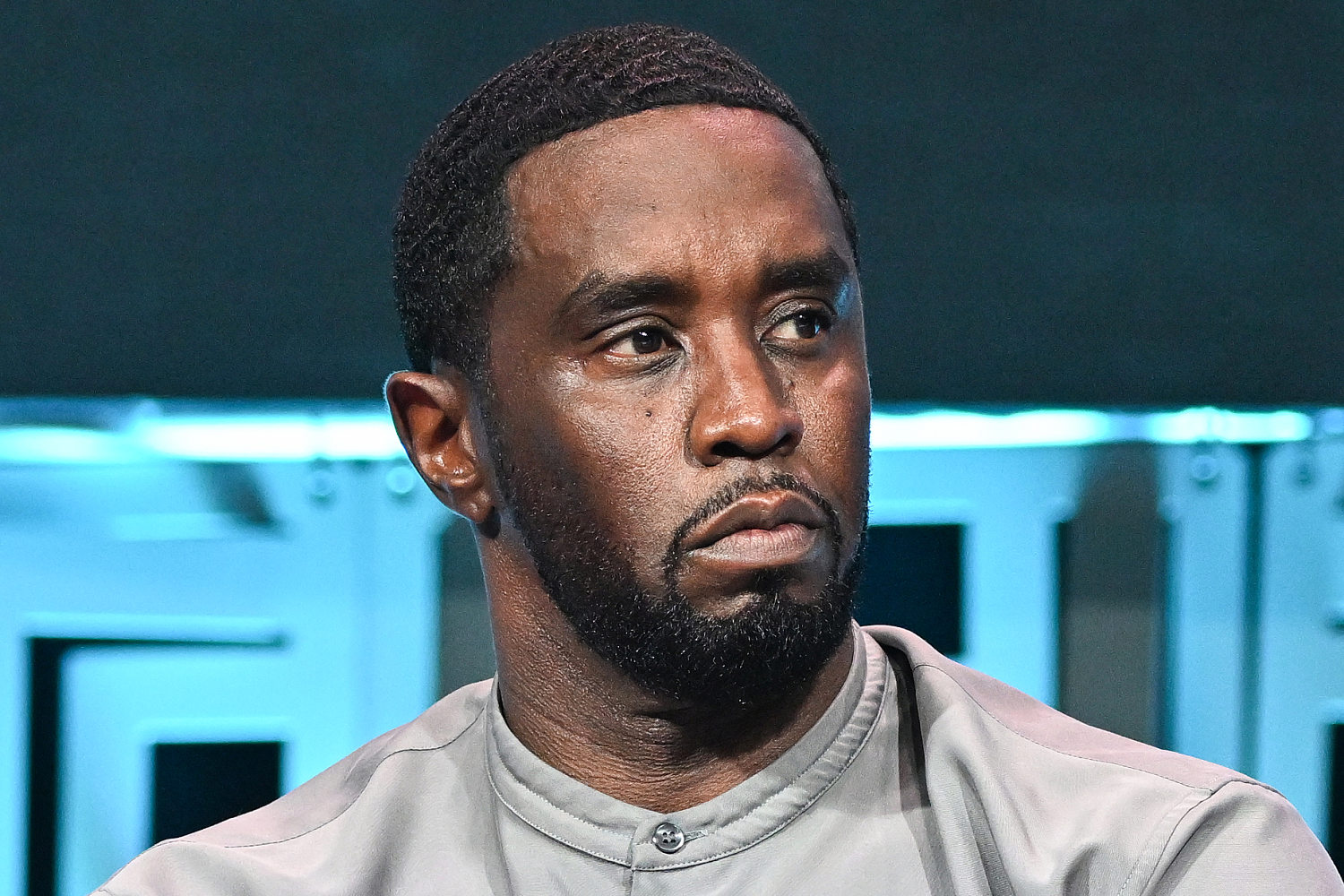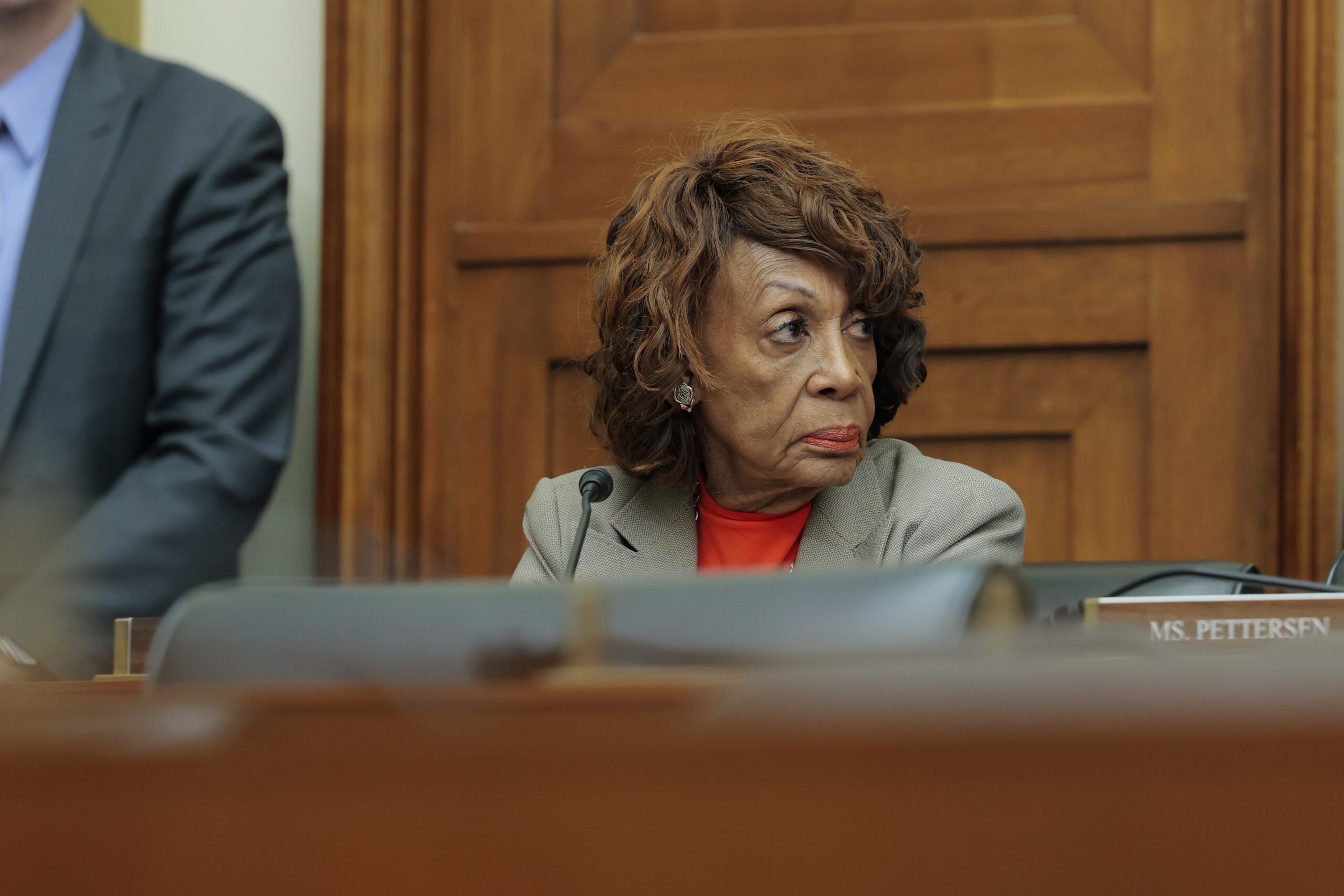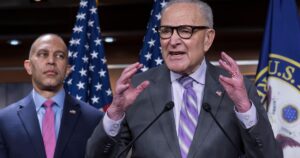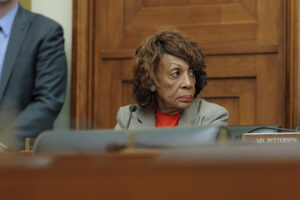Politics
In prosecution of Sean ‘Diddy’ Combs, allegations of obstruction and cover-up could be key

By Jordan Rubin
UPDATE(Sept. 17, 2024, 4:55 p.m. ET):This story has been updated to reflect that Combs has pleaded not guilty and will remain in custody after a judge denied bail.
Federal prosecutors in New York unveiled a shocking indictment against Sean “Diddy” Combs on Tuesday, alleging three counts: racketeering conspiracy; sex trafficking by force, fraud or coercion; and transportation to engage in prostitution. While no one knows how this criminal case will end, one of the key types of evidence against the music mogul could involve any alleged instances of obstruction, cover-up and related behavior.
The graphic and depraved nature of the allegations stand out in the 14-page indictment, but any evidence that a defendant sought to conceal their acts or engage in other surreptitious behavior can help prosecutors prove guilt at trial, whatever the underlying charges might be.
On Tuesday afternoon, a judge denied bail for Combs, who will remain in custody. Combs’ lawyer said earlier in the day that his client, who pleaded not guilty, will “fight this with all of his energy and all of his might and the full confidence of his lawyers.” Criminal defendants are presumed innocent.
In laying out the alleged racketeering conspiracy, prosecutors wrote that Combs created a criminal enterprise “whose members and associates engaged in, and attempted to engage in, among other crimes, sex trafficking, forced labor, kidnapping, arson, bribery, and obstruction of justice.” While the last item on that sordid list — obstruction — might seem like the relatively most mundane, prosecutors could present related evidence that helps them tie together their broader allegation that Combs was knowingly engaged in criminality such that there would be reason for him and/or his associates to engage in obstruction.
That is, prosecutors might wonder aloud at trial: Why would a defendant seek to cover up his conduct if he wasn’t doing anything wrong?
On that note, prosecutors allege that Combs used his business to, among other things, “cover up his abuse and commercial sex.” Elsewhere in the indictment, a paragraph alleging various crimes also alleges “concealing the commission of such acts.” While concealment can seem less significant than the alleged acts themselves, to the extent that there is any conflicting evidence at trial, prosecutors can point to any concealment activity as further proof that a defendant was knowingly engaged in wrongdoing.
Along those lines, prosecutors may likewise emphasize that authorities allegedly recovered guns from Combs’ homes with defaced serial numbers. As I noted in connection with the gun charges in Florida in the apparent assassination attempt on Donald Trump, that can indicate an attempt to avoid detection by law enforcement.
Notably, in seeking Combs’ detention pretrialprosecutors wrote to the court that the hip-hop star “poses a significant risk of obstructing justice,” adding that he “has attempted to bribe security staff and threatened and interfered with witnesses to his criminal conduct. He has already tried to obstruct the Government’s investigation of this case, repeatedly contacting victims and witnesses and feeding them false narratives of events.”
On top of everything else in the sweeping indictment — and there’s a lot there — to the extent that prosecutors can demonstrate to a jury that Combs engaged in cover-up activity, that can help the government prove its case.
Subscribe to the Deadline: Legal Newsletter for updates and expert analysis on the top legal stories. The newsletter will return to its regular weekly schedule when the Supreme Court’s next term kicks off in October.
Jordan Rubin is the Deadline: Legal Blog writer. He was a prosecutor for the New York County District Attorney’s Office in Manhattan and is the author of “Bizarro,” a book about the secret war on synthetic drugs. Before he joined BLN, he was a legal reporter for Bloomberg Law.
Politics
Trump is Pushing Big Tech on Data Center Energy Costs
Trump is Pushing Big Tech on Data Center Energy Costs
 lead image
lead image
Politics
Maxine Waters is the newest target in Democrats’ intergenerational war

Waters has been in Congress for 35 years, but Myla Rahman says the district needs fresh representation…
Read More
Politics
Capitol agenda: Democrats demand more from GOP on DHS
Do we have a negotiation or a stalemate? The answer to that question will determine whether the Department of Homeland Security shuts down in just four days, and Tuesday morning, it’s not entirely clear which way things are headed. Democratic leaders Chuck Schumer and Hakeem Jeffries panned a White House counterproposal sent to them Monday evening as too light on details for how to rein in President Donald Trump’s immigration enforcement agenda…
Read More
-

 The Dictatorship12 months ago
The Dictatorship12 months agoLuigi Mangione acknowledges public support in first official statement since arrest
-

 Politics12 months ago
Politics12 months agoFormer ‘Squad’ members launching ‘Bowman and Bush’ YouTube show
-

 The Dictatorship5 months ago
The Dictatorship5 months agoMike Johnson sums up the GOP’s arrogant position on military occupation with two words
-

 Politics12 months ago
Politics12 months agoBlue Light News’s Editorial Director Ryan Hutchins speaks at Blue Light News’s 2025 Governors Summit
-

 The Dictatorship12 months ago
The Dictatorship12 months agoPete Hegseth’s tenure at the Pentagon goes from bad to worse
-

 Politics12 months ago
Politics12 months agoFormer Kentucky AG Daniel Cameron launches Senate bid
-
Uncategorized1 year ago
Bob Good to step down as Freedom Caucus chair this week
-

 Politics10 months ago
Politics10 months agoDemocrat challenging Joni Ernst: I want to ‘tear down’ party, ‘build it back up’





